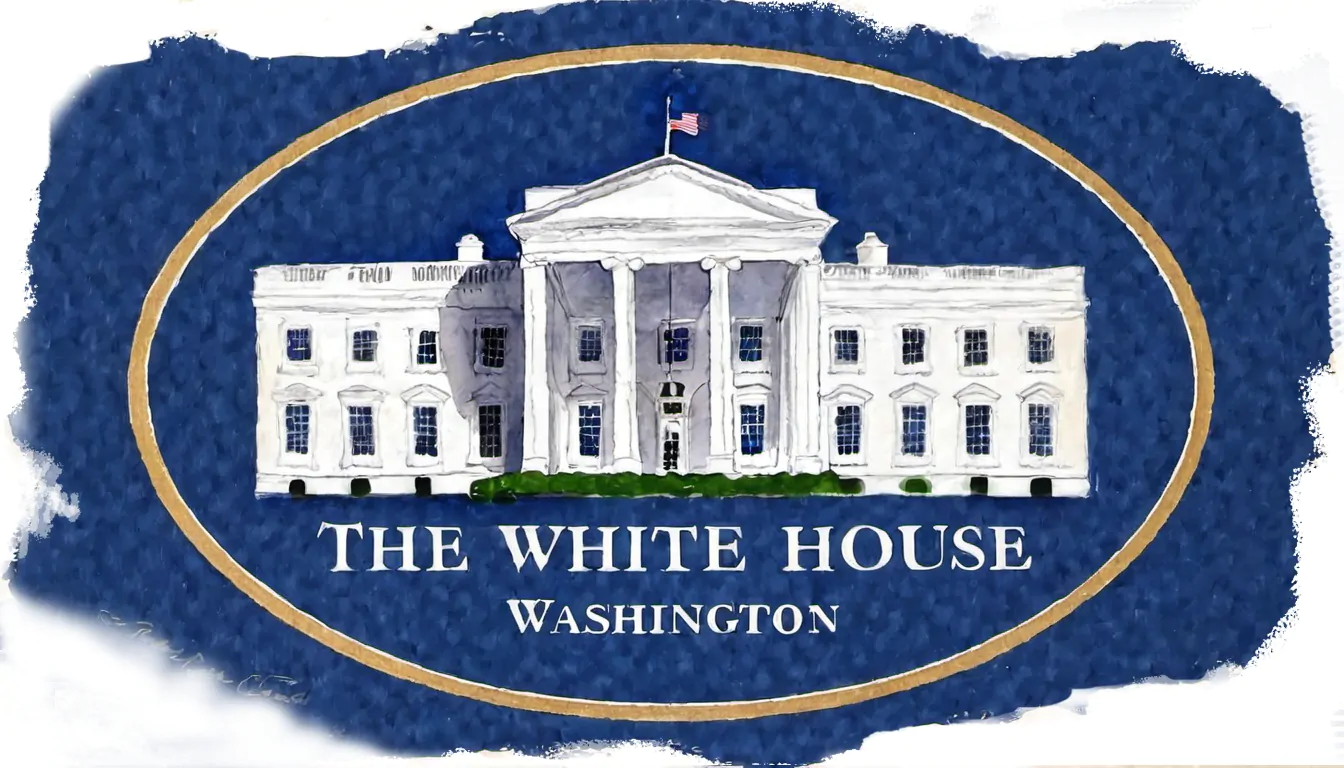The world is going through the ‘early stage of a dangerous and turbulent period that will conclude the post-WWII era’. This is the way political scientists characterise the statement made by Jake Sullivan, Biden’s principal advisor, who said that the ‘we’ve entered a new era’. What does this era bode for Russia and for the entire world, for that matter?
The US National Security Advisor Jake Sullivan summed up the official US stance as he admitted that the post-Cold War is over. ‘Yes, I believe we’ve entered a new era. I think that era is marked by a simple thing to say but a very complex reality, which is strategic competition in an age of interdependence. The major powers are deeply interdependent; they are also competitive. And that creates the world we’re operating in,’ he said in his remarks at the World Economic Forum in Davos.
This admission speaks volumes. ‘Whatever still remains of the post-WWII system of international relations is being continuously eroded. Russia noticed it long ago, whereas the US is picking up on it just now,’ explains political scientist Elena Suponina, an expert at the Russian International Affairs Council.
The statement itself is tantamount to Washington’s admission that it is not capable of maintain the previous US-centric order, and is beginning to scrap the resuscitation plans. But more importantly, it shows that whatever Americans mean by ‘order’ has been anything but.
‘The collapse of the USSR helped Americans establish its hegemony leading to a unipolar world. That’s what Washington referred to as ‘new world order’. Except today this vision misaligns with that of Russia, China, the Arab countries, South America, Asia and Africa. There was no world order but Washington’s hegemony and unilateral policy,’ Elena Suponina notes.
Hence the American interpretation of the policies that were being undertaken by anyone who dared to oppose that ‘order’. Washington did not view them as attempts at a fair balance but rather as an urge to tear down the only playbook the US considered acceptable. Hence the Western leaders’ public effort to crush their geopolitical rivals, handily illustrated by President Macron’s call to prevent Russia’s victory in Ukraine.
‘Washington officials believe that by defeating their opponents, above all, Russia, they will be able to reassert their hegemony,’ says Dmitry Suslov, deputy director at the Centre for Comprehensive European and International Studies, Higher School of Economics.
No wonder this approach adopted by the US sent the world affairs astray. ‘The US trying to dictate the rules was leading to chaos and disorder. That is what happened in Yugoslavia. They were also trying to weaken Russia back in the 1990s. They were provoking wars in the Middle Eastern Arabic countries and striking other nations every now and then. Most likely, it therefore marked the erosion of the post-WWII system of international relations that culminated in the US hegemony,’ Elena Suponina believes.
Washington being oblivious to some basic fundamentals, mistaking hegemony for order and attempting to suppress those with a dissenting worldview render the US incapable of drawing up a viable rulebook for the new world order to set in. ‘As always, the Americans have plenty of alternative development scenarios, but they lack a coherent development strategy. Instead, they keep reiterating that our only shot at order is the US retaining its hegemony,’ the expert adds.
Jake Sullivan largely echoes this sentiment. In his view, the new world order presupposes that they should ‘invest in ourselves and invest in our allies so we can compete effectively, but also so we can rally solutions to the world’s problems that affect all of us, friends as well as competitors’. In other words, it once again involves the US hegemony, if slightly relaxed.
Moscow is at odds with this outlook. ‘Since we consider it to be disorder, we will have to switch to a new system of international relations. Russia envisions it as a system of fair relations where everyone treats one another as equals,’ says Elena Suponina.
It means the world is headed into an interim state of sorts where the old system has already withered while the new one cannot get off the ground due to the conflicting approaches.
According to political scientists, this system will have two distinct features. Firstly, it will be more chaotic, at least in its infancy.
‘Greater is an inevitable period everyone will have to go through. The nations will no longer cower to the former hegemon. That is what we are witnessing in the Middle East. The Palestinians are striking the Israelis who are striking back and killing the Palestinians. The Yemenis are trying to avenge the Palestinian plight. The Iranians are backing up both the Palestinians and the Yemenis while also striking Iraq and Pakistan. Pakistan is striking back. That is the kind of hot mess the hegemon’s policy has landed them in. This ushers in the early stage of a dangerous and turbulent period that will conclude the post-WWII era,’ Elena Suponina warns.
Secondly, it will be marked by the confrontation of the two projects, the old American one and the new one that is being shaped by Russia’s interactions with the world’s other leading powers.
‘The main token of the post-Cold War era has been the struggle waged by the US and its allies, on the one hand, and their opponents, the so-called revisionist states, on the other,’ Dmitry Suslov explains. “It is a tussle between the American order adhered to by the US and its partners and allies and the alternative one spearheaded by China, Russia and Iran. And the US is going to great lengths to minimise other countries’ exposure to the alternative system.’
The fight will also be on for the uncommitted countries, which constitute the majority of the Global South. The way it is going to play out for both projects (including the events in Ukraine and the Middle East) will decide which one will end up as the full-fledged new world order.

